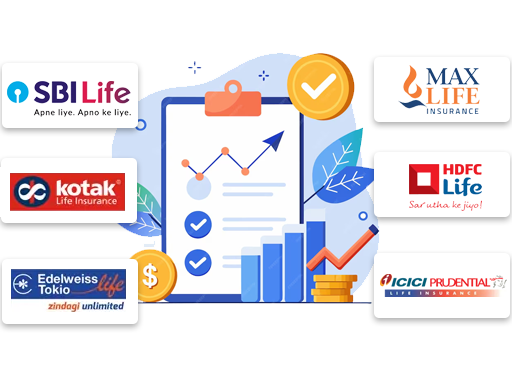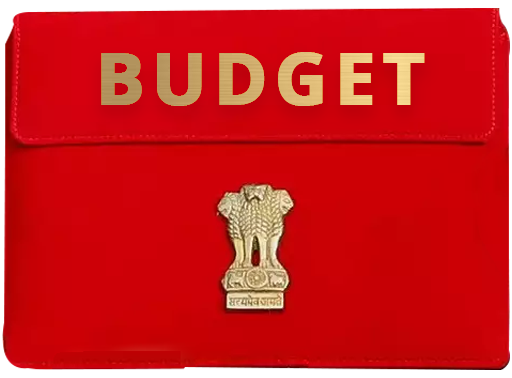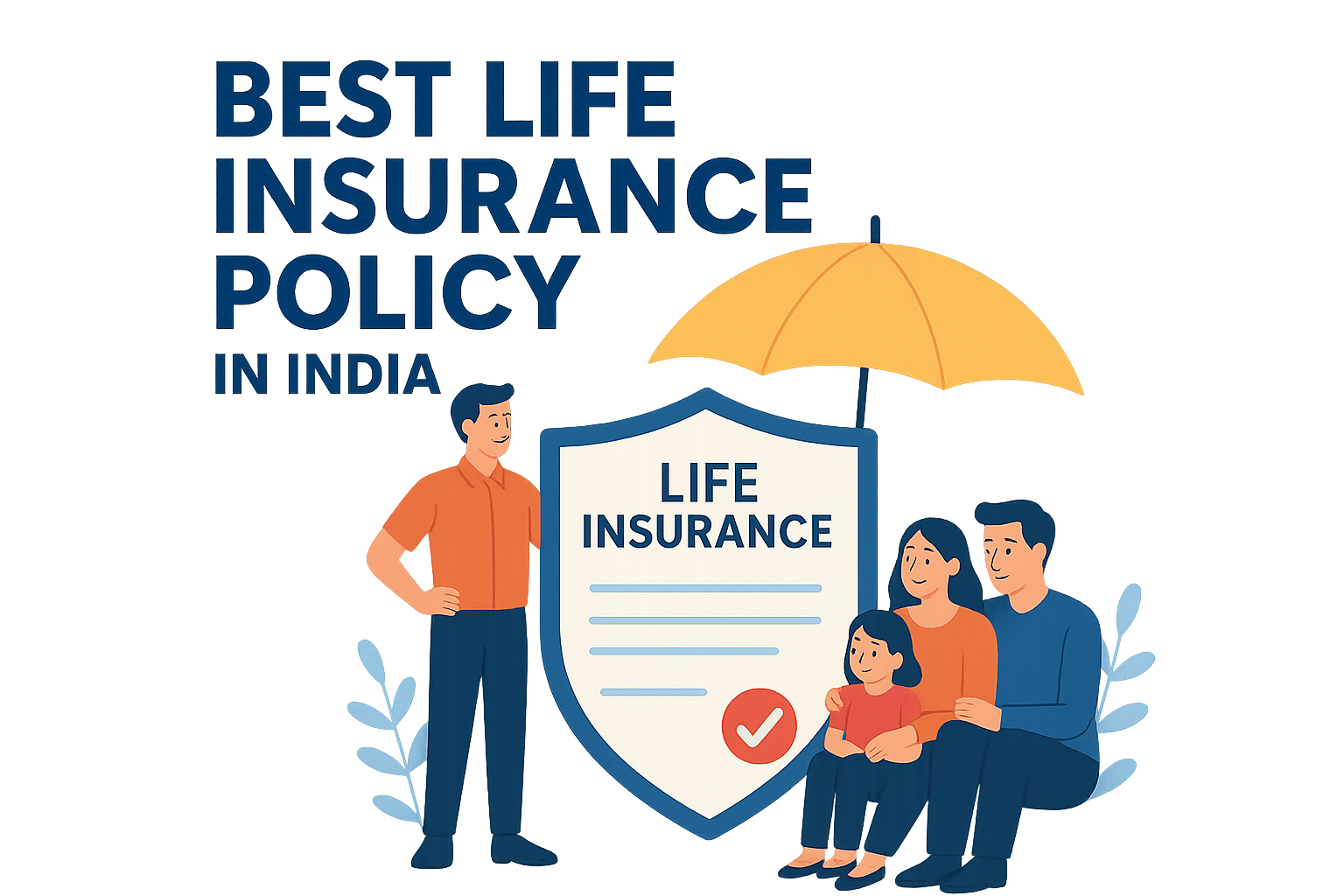- What is Whole Life Insurance?
- What are the benefits of Whole Life Insurance?
- For whom whole life insurance is suitable?

Himanshu is a content marketer with 2 years of experience in the life insurance sector. His motto is to make life insurance topics simple and easy to understand yet one level deeper for our readers.
Reviewed By:

Sharan Gurve has spent over 9 years in the insurance and finance industries to gather end-to-end knowledge in health and term insurance. His in-house skill development programs and interactive workshops have worked wonders in our B2C domain.
Updated on Jun 25, 2025 4 min read
Benefits of Whole Life Insurance
People often get confused when looking for an insurance policy as there are several insurance plans and policies available in the market. Choosing the right policy is important as individuals spend a portion of their income to pay premiums regularly.
A whole life insurance policy comes with various benefits such as death benefits, tax benefits, the facility to avail loan against the surrender value of the policy, etc. But the question arises whether it is right for you or not. Let's see how a whole life insurance policy is beneficial.
Whole Life Insurance Policy: Overview
Whole life insurance policies are a kind of term insurance policy that provides you protection for the whole life i.e. 99 years. In case of the policyholder's demise, death benefits are provided to their beneficiaries which are tax-free. The advantages of a whole life insurance policy also include a facility to take a loan against the policy. The loan amount can be equivalent to the surrender value of the policy.
Let's understand the benefits of a whole life policy in detail.
5 Benefits of Whole Life Insurance
Whole Life Insurance offers a range of benefits to the policyholder. Let's understand these benefits in detail:
-
Whole Life Coverage
Whole Life Insurance provides an individual with coverage for their entire life. In the event of the unfortunate demise of a policyholder, death benefits are paid to their beneficiaries. There may be people in your family who are financially dependent on you. Having a whole life insurance provides them financial coverage even in your absence.
-
Tax advantage
The premium paid by the policyholder for their whole life policy is exempted (up to Rs 1.5 lakh) from tax under Section 80 C of the Income Tax Act, 1961. Moreover, the amount paid to the beneficiaries on the policyholder's demise is tax-free under Section 10 (10D) of the Income Tax Act 1961.
-
Easy Loan Facility
A person having whole life insurance can avail loan facility against their policy. The loan facility is available if two years have passed since the policy was purchased. Moreover, all the premiums up to the date should be paid. A person can need money to fulfill their financial needs such as medical needs, education, marriage, etc. This benefit varies as per the terms and conditions of the policy.
-
Uniform premium amount
The premium of whole life insurance is the same for a particular tenure. In this tenure, there will be no change in premium (neither increase nor decrease). The uniformity in premiums helps the policyholder to plan their investment and expenses accordingly. Buying a whole-life policy at a young age is recommended as the premium charged is comparatively less.
-
Source of retirement income
Whole Life Insurance helps policyholders to build a reliable source of retirement income. At retirement age, people generally depend on their children for basic needs. However, a source of income at retirement can provide them with the necessary support.
Who should buy Whole Life Insurance?
Whole life insurance can be suitable for you:
- If you want to create wealth to meet your future financial needs.
- If you want to secure your dependents financially.
- If you want to avail tax benefits on premium payment.
- If you want to create the habit of saving for the future.
Conclusion
With a whole life policy, one can secure the future of their loved ones financially. Buying a whole life insurance at a young age is usually recommended as the premium is low. It also gives policyholders a sense of security and peace. Whole life insurance offers many benefits including whole life coverage, wealth accumulation, loan against policy, tax benefits, etc. Before buying a whole life policy one can compare various policies or consult their financial advisor who can help them to make the right decision. A right policy provides an individual with peace of mind knowing that their loved ones are secure.
Benefits of Whole Life Insurance: FAQs
1. What is the maximum age limit to buy a whole life insurance policy?
The maximum age to buy whole life insurance ranges between 60 to 65 years. However, an individual can avail of the policy benefits till 99 years of age.
2. What is the ideal time to buy a whole life insurance policy?
Buying whole life insurance at a young age is recommended as the premium charged is usually low.
3. Can an individual avail of tax benefits in whole life insurance?
Yes, an individual can avail of tax benefits on the premium paid under Section 80 C of the Income Tax Act, 1961. Moreover, the death benefits paid to the beneficiary are tax-free under Section 10 (10D).
4. What happens if the policyholder outlives the tenure of the whole life policy?
If a policyholder outlives their whole life policy no benefits are paid to the policyholder.
5. What are the advantages of whole life policy?
Whole life policy has various advantages including whole-life coverage, tax-free death benefits, loans against the policy, etc.
6. How much coverage should I choose for my whole life policy?
The coverage amount an individual chooses should be based on various factors such as human life value, financial requirements, outstanding liabilities or loans, etc.
Life Insurance Companies
Share your Valuable Feedback
4.6
Rated by 863 customers
Was the Information Helpful?
Select Your Rating
We would like to hear from you
Let us know about your experience or any feedback that might help us serve you better in future.


Written By: Himanshu Kumar
Himanshu is a seasoned content writer specializing in keeping readers engaged with the insurance industry, term and life insurance developments, etc. With an experience of 2 years in insurance and HR tech, Himanshu simplifies the insurance information and it is completely visible in his content pieces. He believes in making the content understandable to any common man.


















Do you have any thoughts you’d like to share?